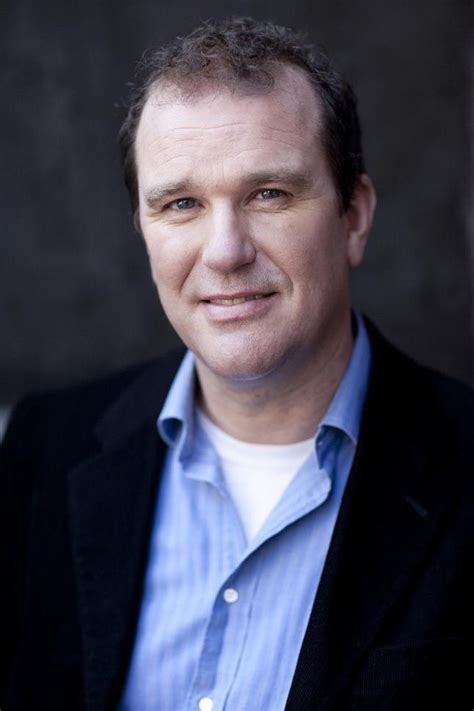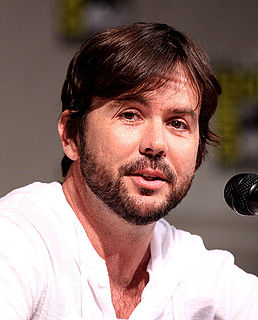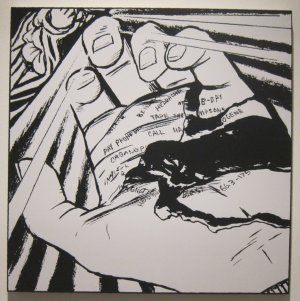A Quote by Douglas Hodge
The review I've been most offended by came when I played Hamlet. I'd always prided myself on being an 'invisible actor' and not getting in the way of the play. But this review didn't mention me once. That's worse than being insulted.
Related Quotes
I was once referred to in a Kirkus review as a "northern Michigan version of Andre Dubus." My editor called me after the review came out and asked if I was okay with that. What part? I wondered. Finding myself in the same sentence with Andre Dubus? What could be better than that? Or perhaps - and more likely, my editor meant being pigeonholed as a writer of this remote region "mostly ignored by the rest of the world," as Jim Harrison says.
Reviews are all bullshit, because they always change. When House of 1000 Corpses came out, all the reviews were awful. It was impossible to find a review better than "The worst movie ever made." And now I'll see more-modern magazines, and sometimes they'll re-review things, and I'll read this great review for it. It's the same thing with White Zombie! People talk about "Oh, White Zombie, these classic records. Why don't you do them now?" Everyone hated those records when they came out! The reviews were terrible.
One thing I noticed over time is that if I got a bad review, usually the bad part of it was at the very end. I could tell that nobody read the whole review because they would just say, "It was great to see the review!" In a way, my brain shuts down at the end of an article. It doesn't really want to go to the end.
Meaning can be usually be approximated, but often by sacrificing style. When I review my translations into Spanish, that's what I'm most concerned with, reading the sentences aloud in Spanish to make sure they sound the way I want them to. To be honest, I much prefer being translated into Greek or Japanese; in those cases, you have no way of being involved, and no pressure.




































